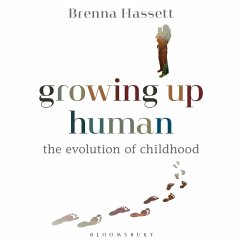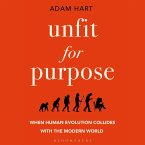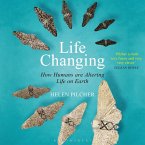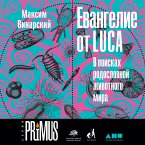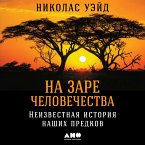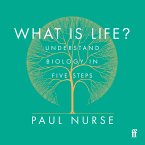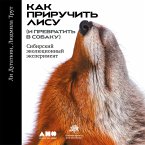Brings the science of biological anthropology to bear on understanding how our evolutionary history has shaped a phenomenon everyone has experienced – childhood. Tracking deep into our evolutionary history, anthropological science has begun to unravel one particular feature that sets us apart from the many, many animals that came before us – our uniquely long childhoods. Growing Up Human looks at how we have diverged from our ancestral roots to stay 'forever young' – or at least what seems like forever – and how the evolution of childhood is a critical part of the human story. Beginning with a look at the ways animals invest in their offspring, the book moves through the many steps of making a baby, from pair-bonding to hidden ovulation, points where our species has repeatedly stepped off the standard primate path. From the mystery of monogamy to the minefield of modern parenting advice, biological anthropologist Brenna Hassett reveals how differences between humans and our closest cousins lead to our messy mating systems, dangerous pregnancies, and difficult births, and what these tell us about the kind of babies we are trying to build. Using observations of our closest primate relatives, the tiny relics of childhood that come to us from the archaeological record, and the bones and teeth of our ancestors, science has started to unravel the evolution of our childhood right down the fossil record. In our species investment doesn't stop at birth, and as Growing Up Human reveals, we can compare every aspect of our care and feeding, from the chemical composition of our milk to our fondness for formal education from ancient times onwards, in order to understand just what we evolved our weird and wonderful childhoods for.

